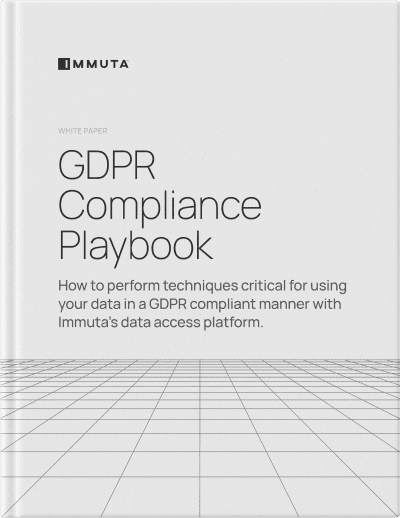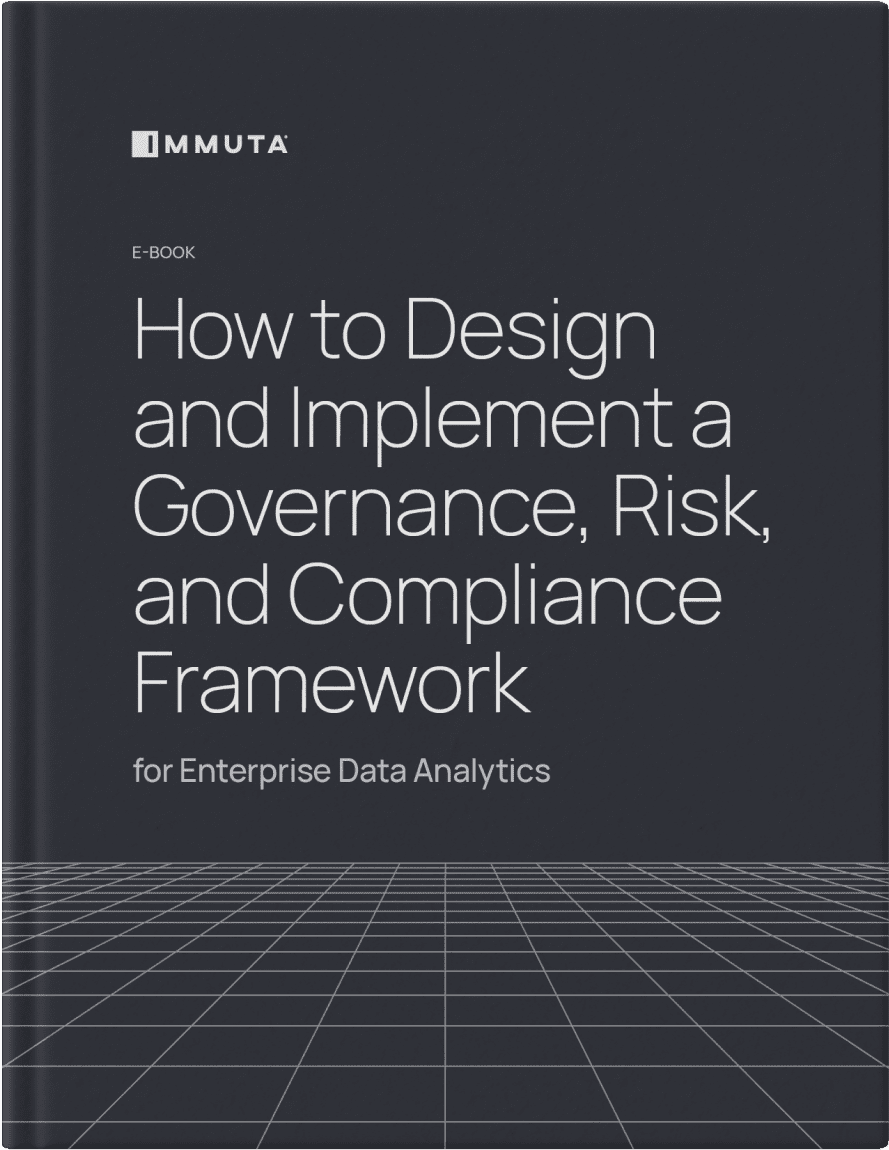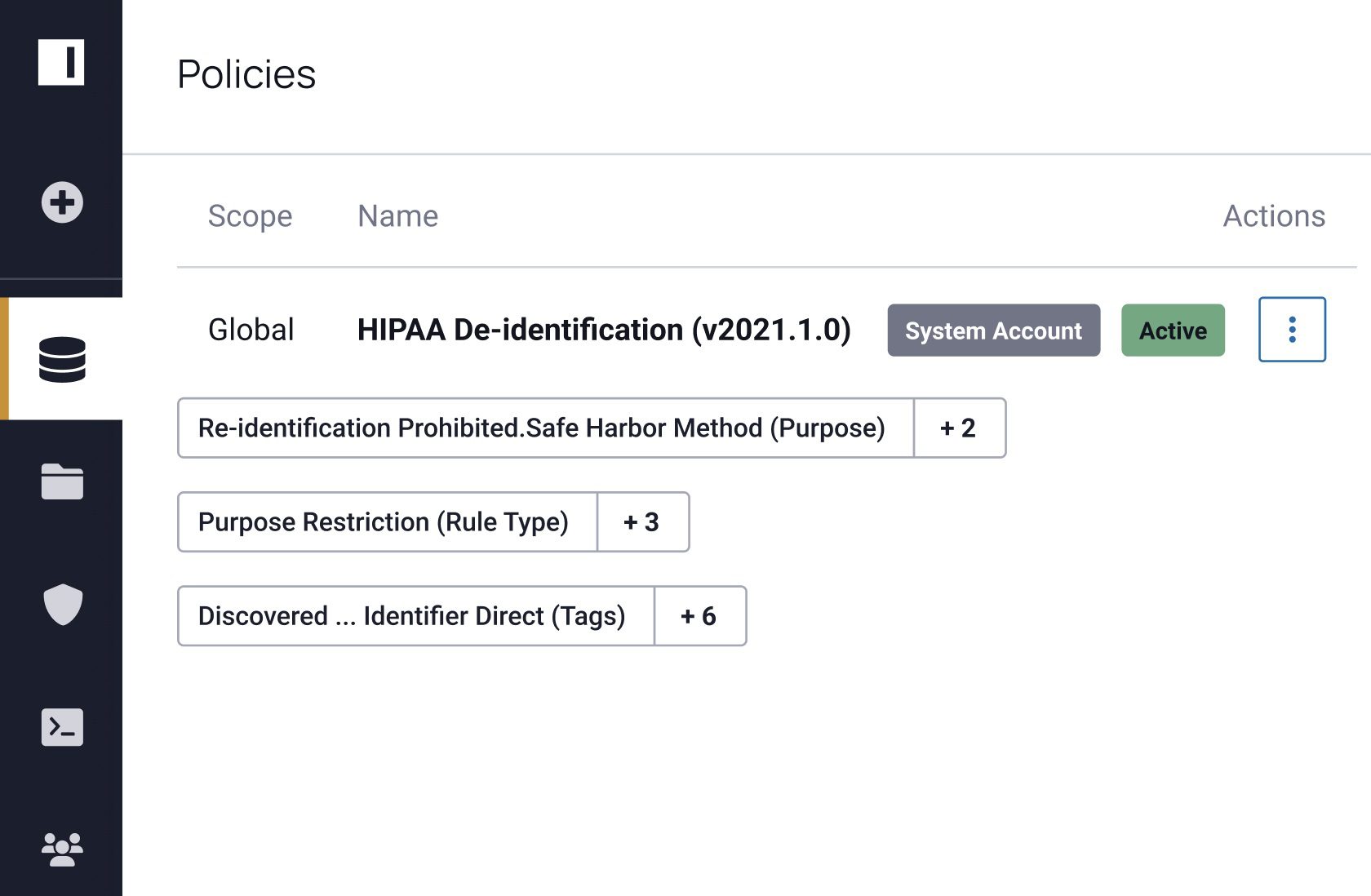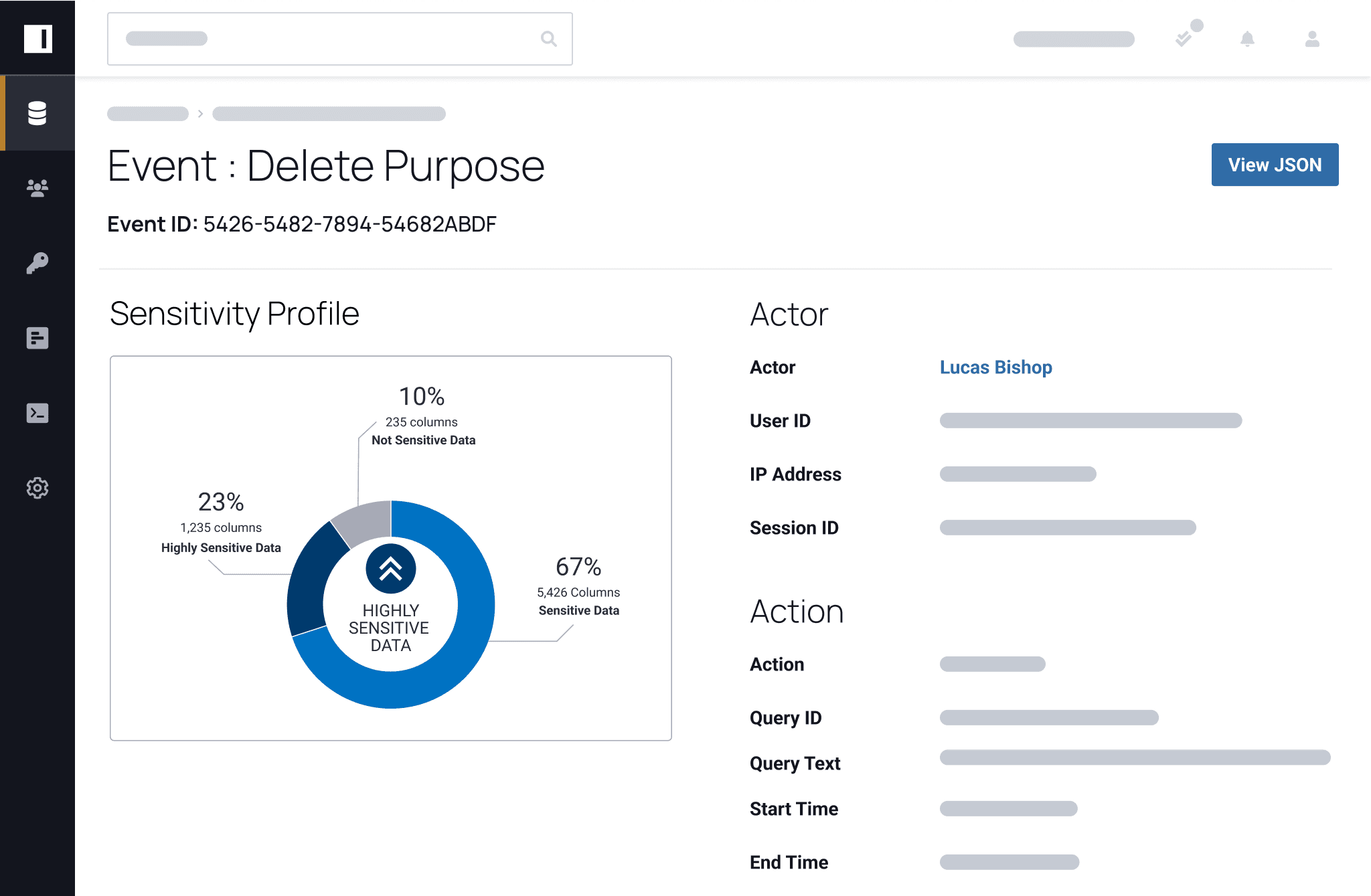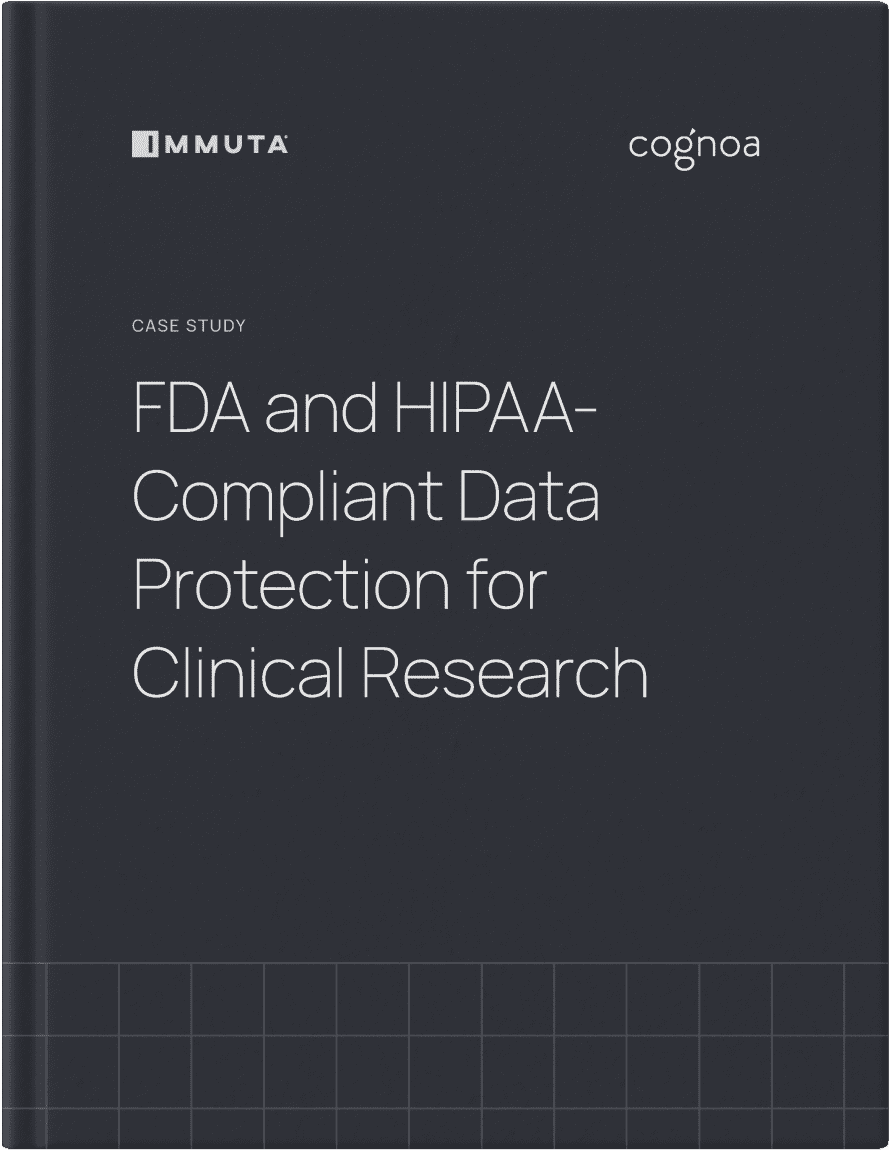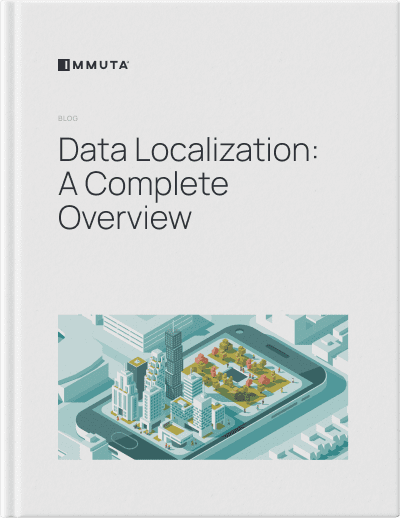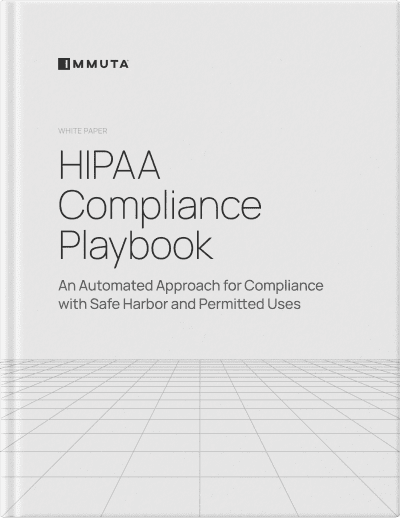“Immuta and Databricks have made our lives easier by ensuring the right people have access to the right data at the right time.”
What is Regulatory Compliance?
Regulatory compliance is the practice of adhering to the laws, regulations, and guidelines that govern the collection, use, storage, and protection of sensitive data. The Immuta Data Security Platform streamlines compliance processes so you can improve collaboration across data, security, and compliance teams, ensure your data use is ethical, and build trust with your customers.
The Regulatory Compliance Challenge
As data use proliferates and threats to data increase in number and severity, the regulatory landscape is rapidly evolving. Nearly all organizations are now subject to at least one data regulation, with 75% adhering to 10 or more.
Manually keeping up with evolving regulatory requirements across all platforms, users, and geographies is a burden for even the most detail-oriented teams. As a result, many either lock data down until they can be sure its access is compliant, or open it and risk violations that, in addition to costing millions, could come at the expense of customers’ trust.
